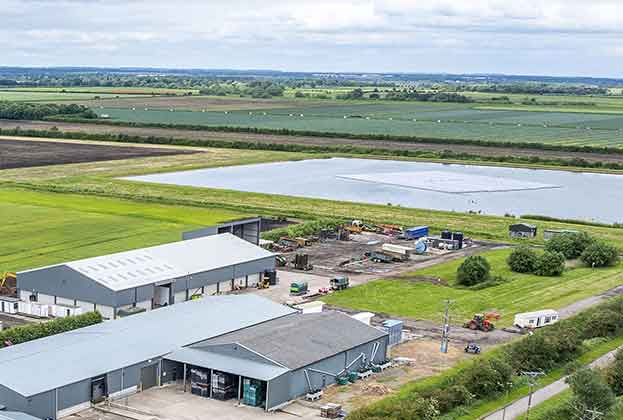News from the Chancellor in his Spring Statement that gas heating will be banned in new homes from 2025 raises important questions about how best to achieve low carbon energy efficiency.
Britain’s homes are responsible for 15 per cent of the country's greenhouse gas emissions so the Government’s focus on reducing the reliance on fossil fuels is to be welcomed. However, targeting one particular type of fuel – in this case gas – is a quick fix not a strategy and may have unintended counterproductive consequences.
This ban assumes that gas is always bad, but the energy market isn’t that simple. The alternative is to use electrically powered heat pumps, which makes good sense given that in simple terms they are about three times more efficient than gas boilers.
But – and it’s a big but – in many areas the electrical grid is already at peak demand and without significant investment is unable to deliver the electricity needed to run the pumps. What’s worse is that they can put pressure on the grid when the burden is at its heaviest – between 5pm and 7pm on a winter’s evening.
Even without a ban on gas heating the new build property sector is already being pushed towards heat pumps via planning policy and building regulations. Standard Assessment Procedure (SAP) 10 is expected to be adjusted next year so that the embedded carbon for electricity will be documented as 233g CO2/kWh from a current figure of 519g CO2/kWh, a 55 per cent reduction.
This reduced CO2 figure means that heat pumps will be recognised as the most carbon light heating option, making them the technology of choice to meet SAP and EPC targets.
The removal of gas and transition to heat pumps has therefore already been set in motion. However, there will still be a need for gas as it will allow peak power loads (particularly between 5pm and 7pm) to be shifted so that expensive grid reinforcement is not required.
For the most cost-effective solution to be found by developers, new developments will need to implement hybrid systems that employ a range of technologies across a development site from gas CHP, heat pumps, solar and battery storage. The removal of gas will eliminate the most versatile and cost effective option thus increasing build costs for developers and heating costs for occupiers.
Housebuilders are already facing challenges where sites are constrained by power supply and the removal of gas will only increase the problem. The mechanisms to deliver low-carbon heating are slowly falling into place but the Government's announcement to ban gas heating exposes the lack of a long-term cohesive strategy for the energy sector.
Further information

.jpg)







.jpg)
.jpg)